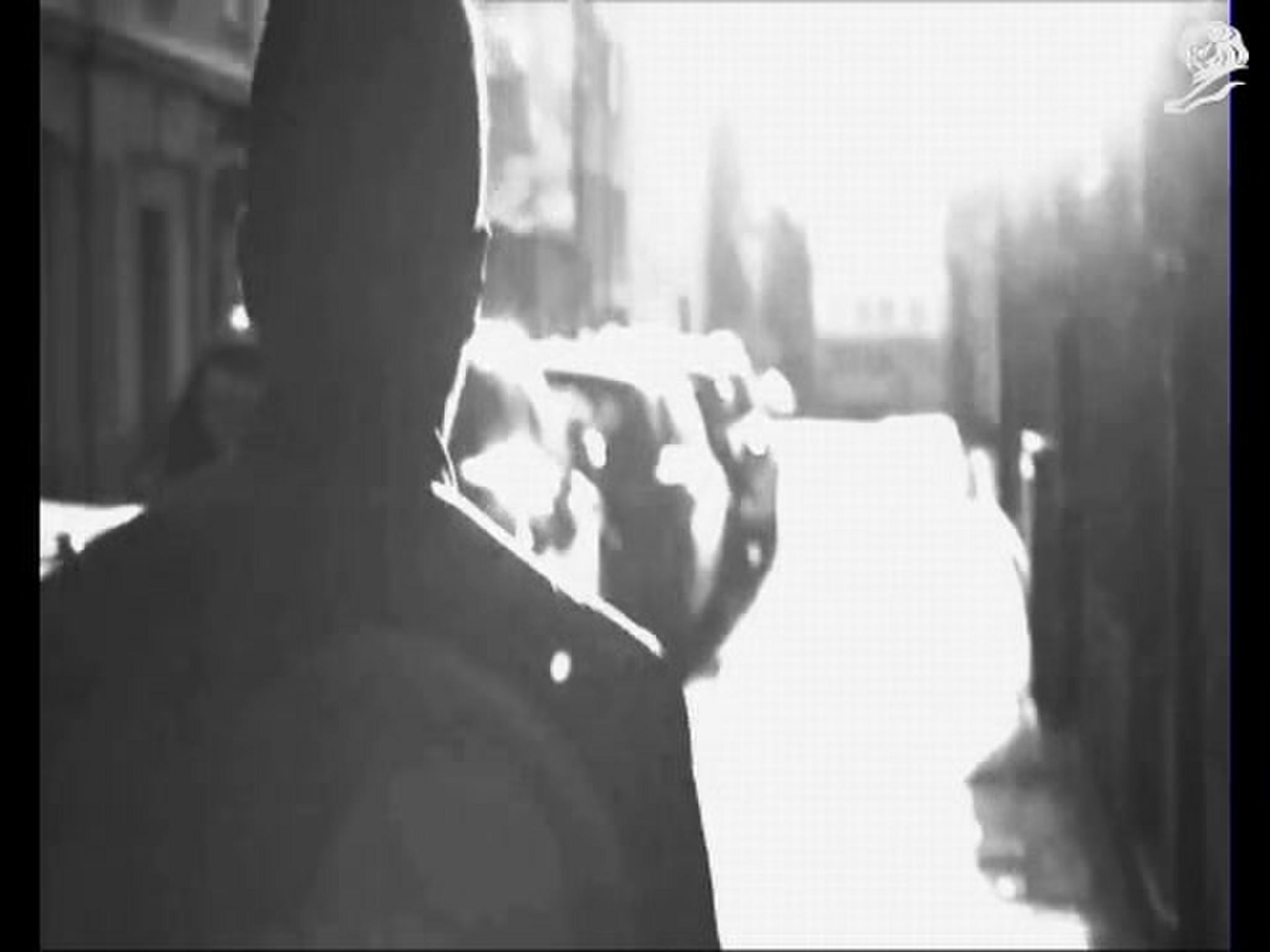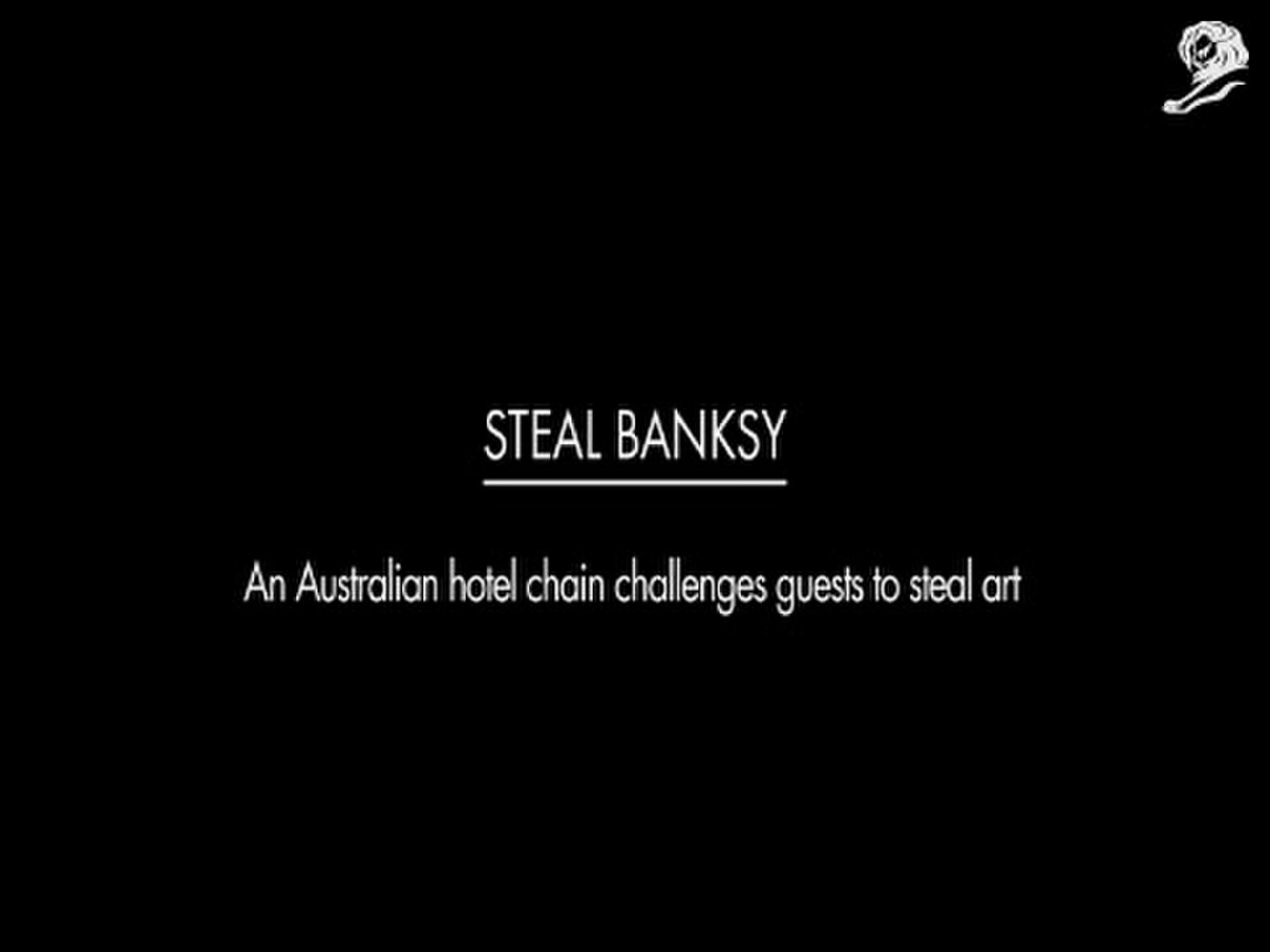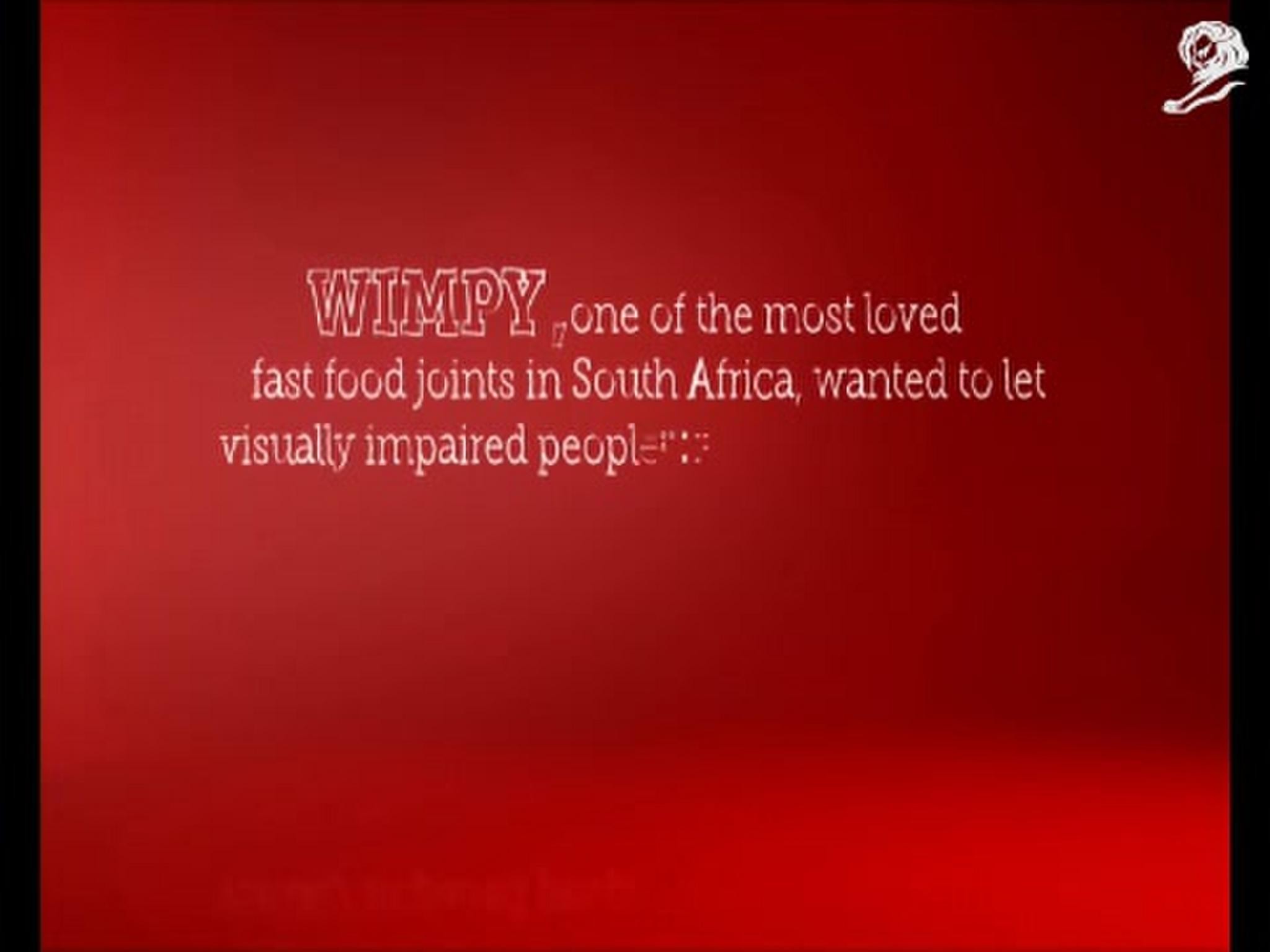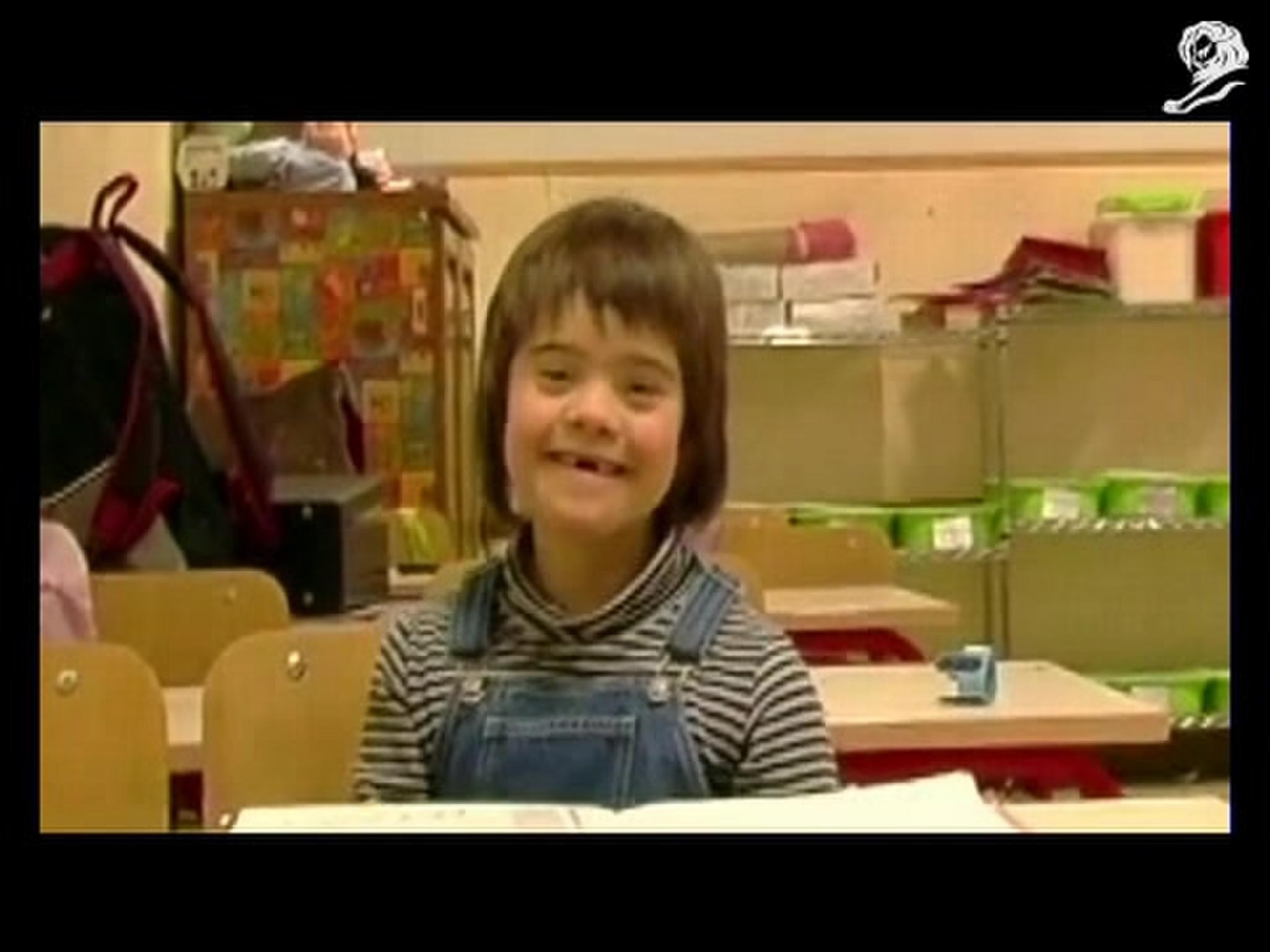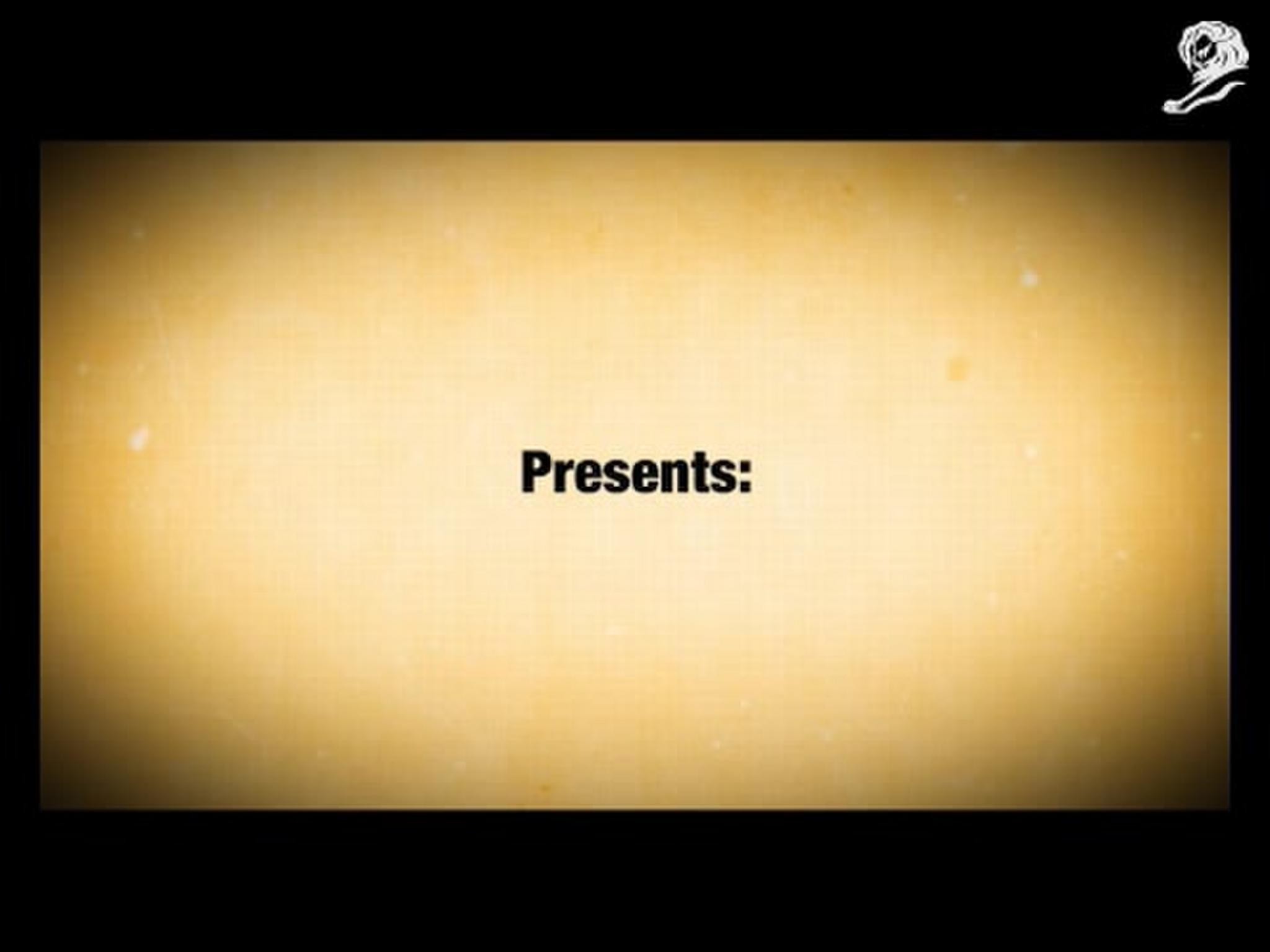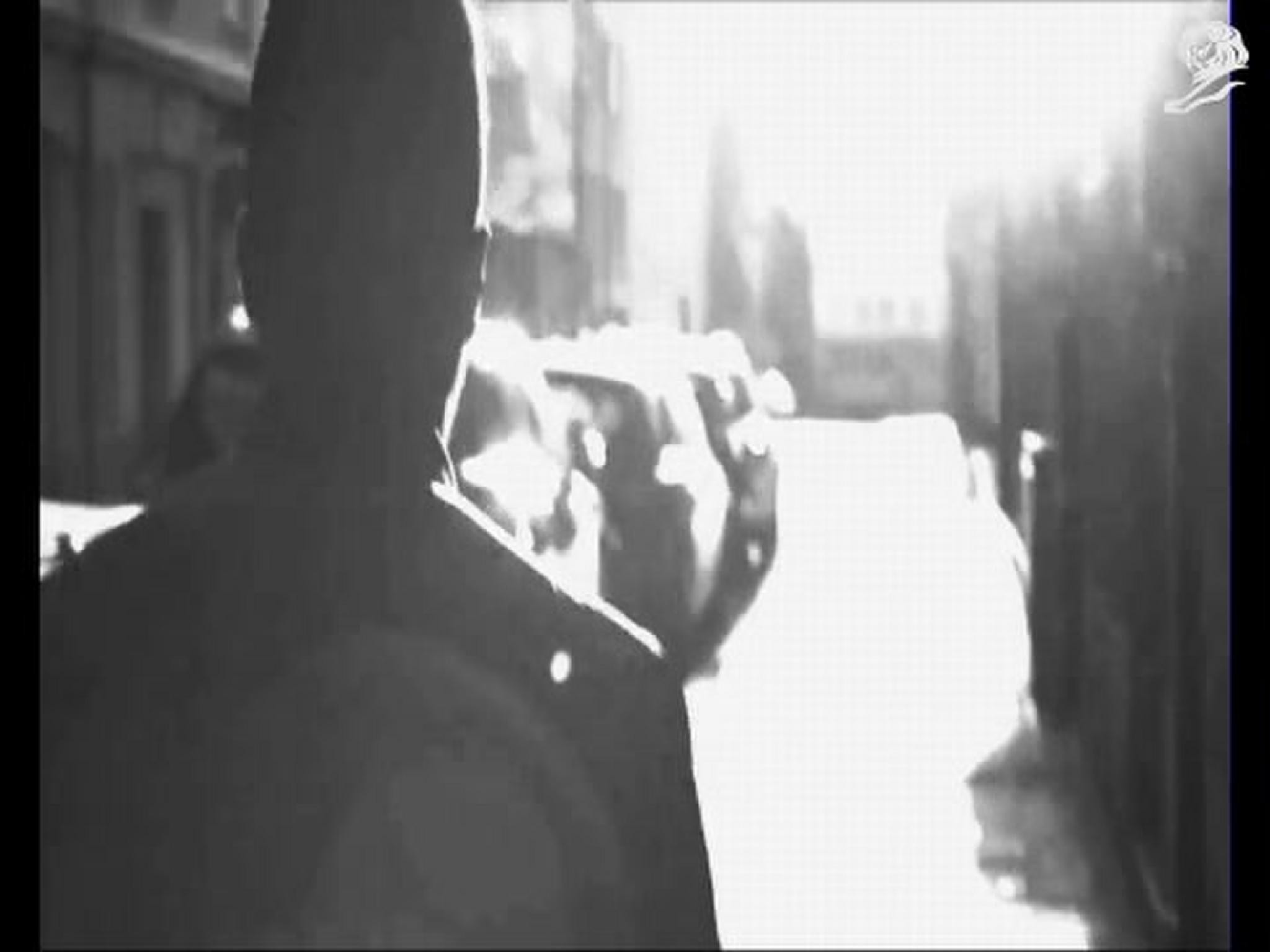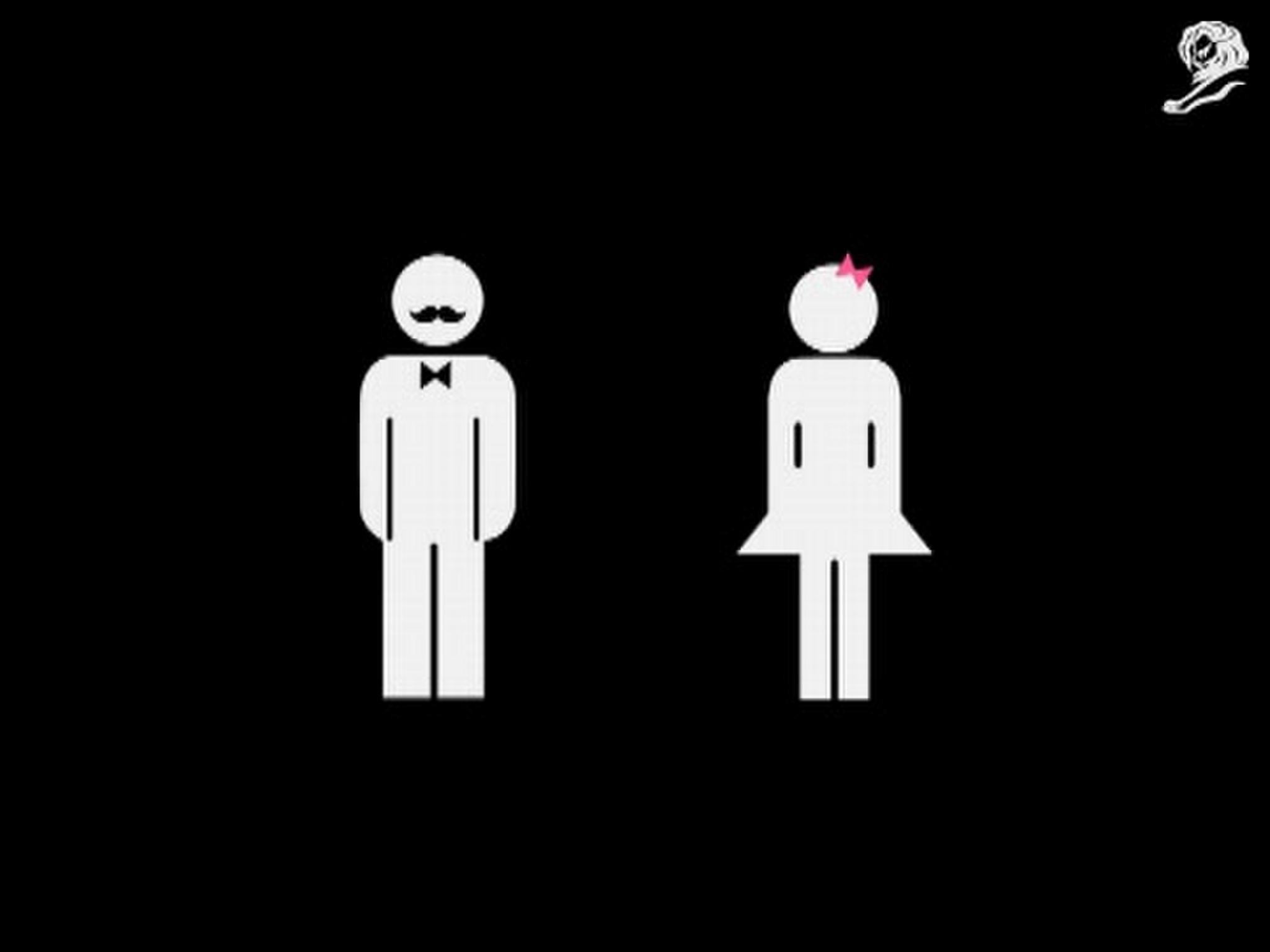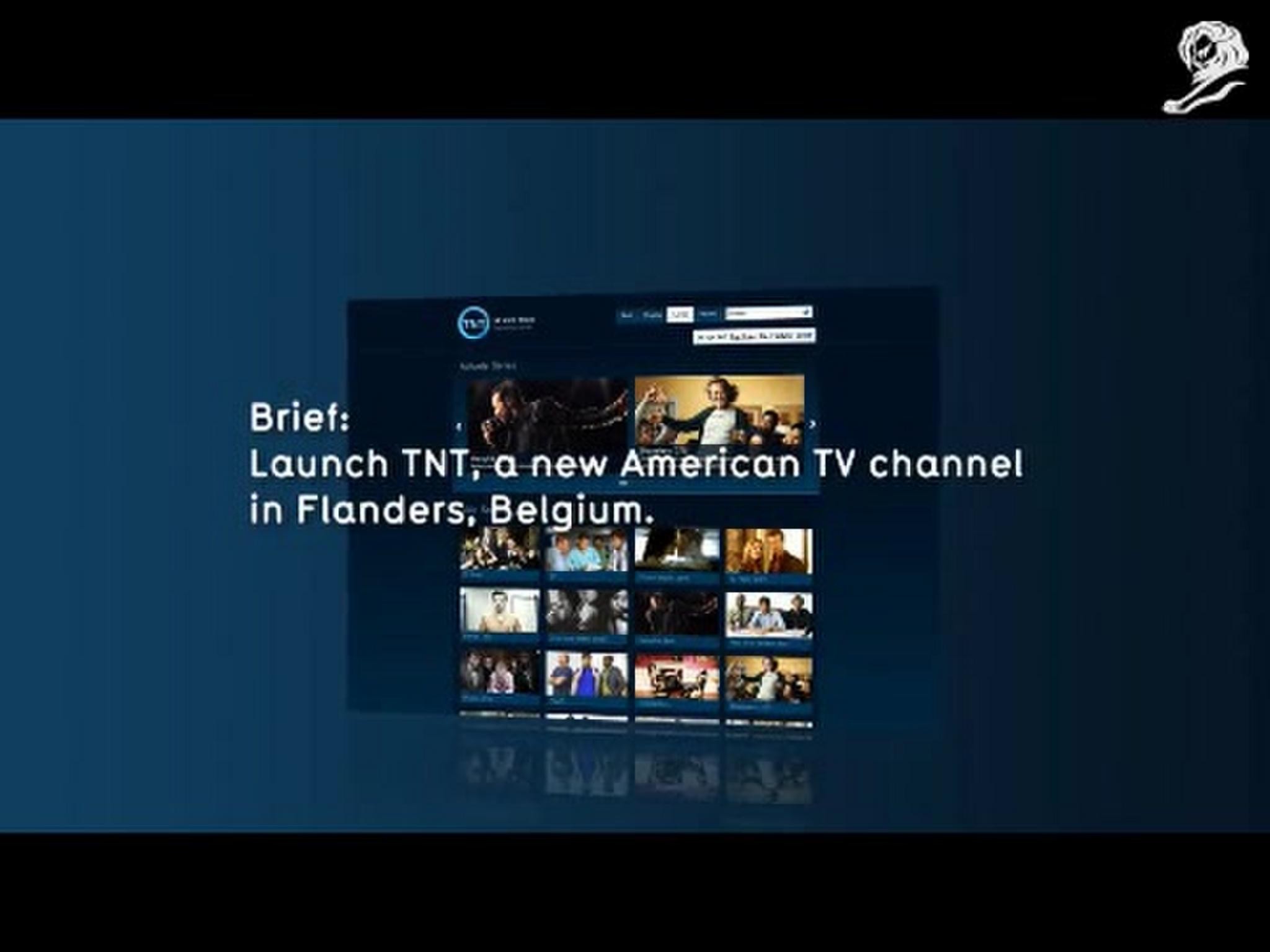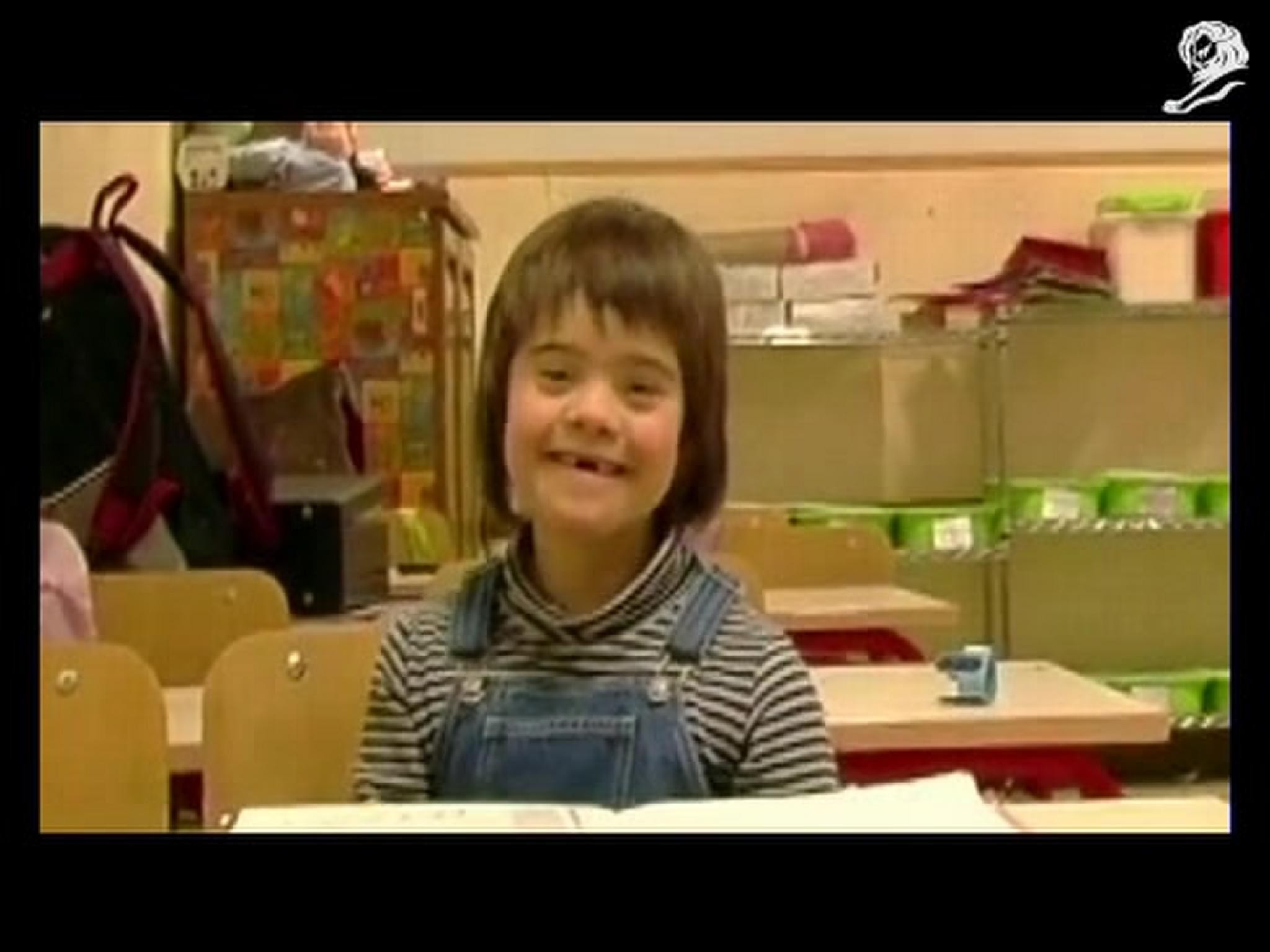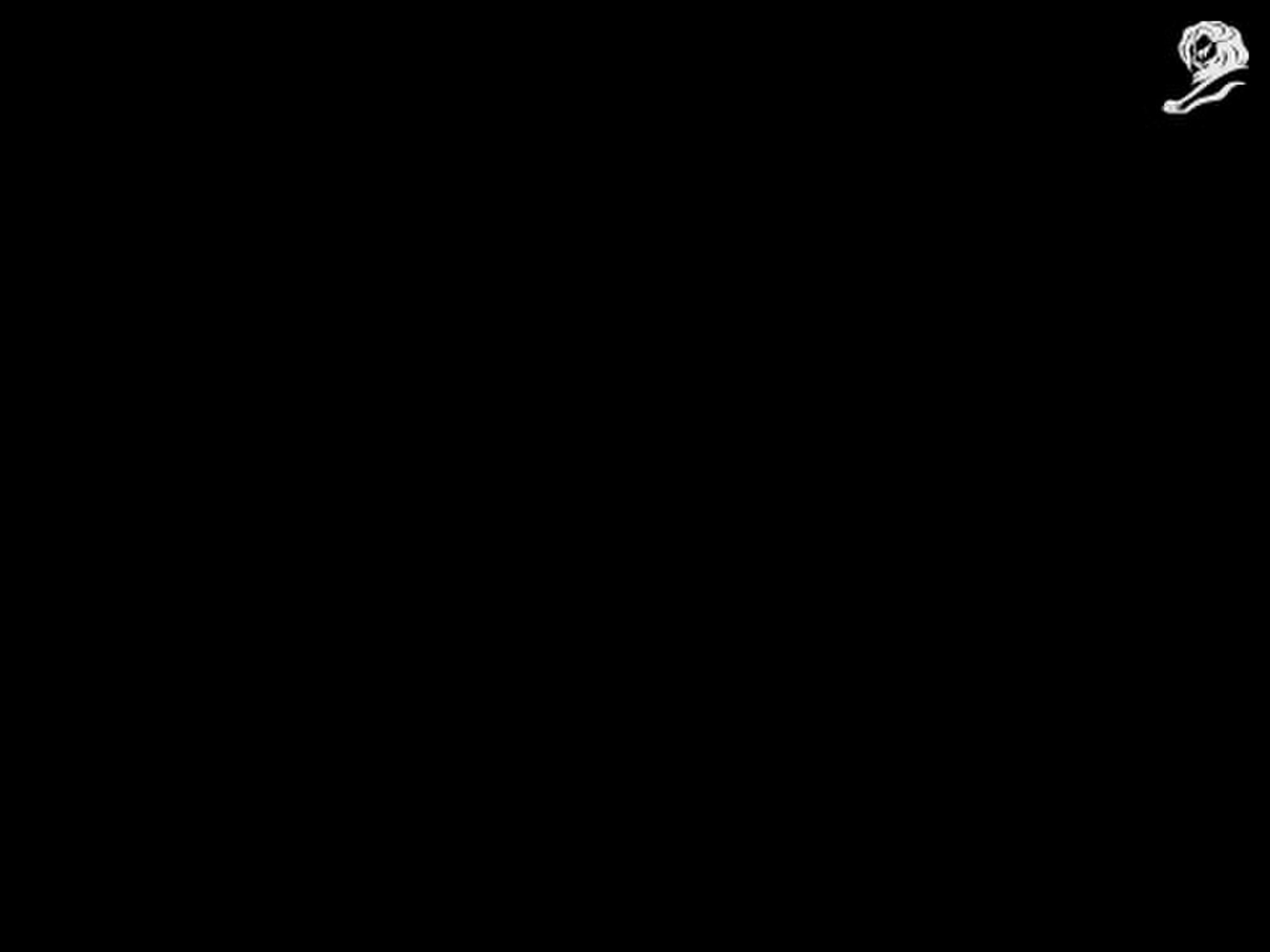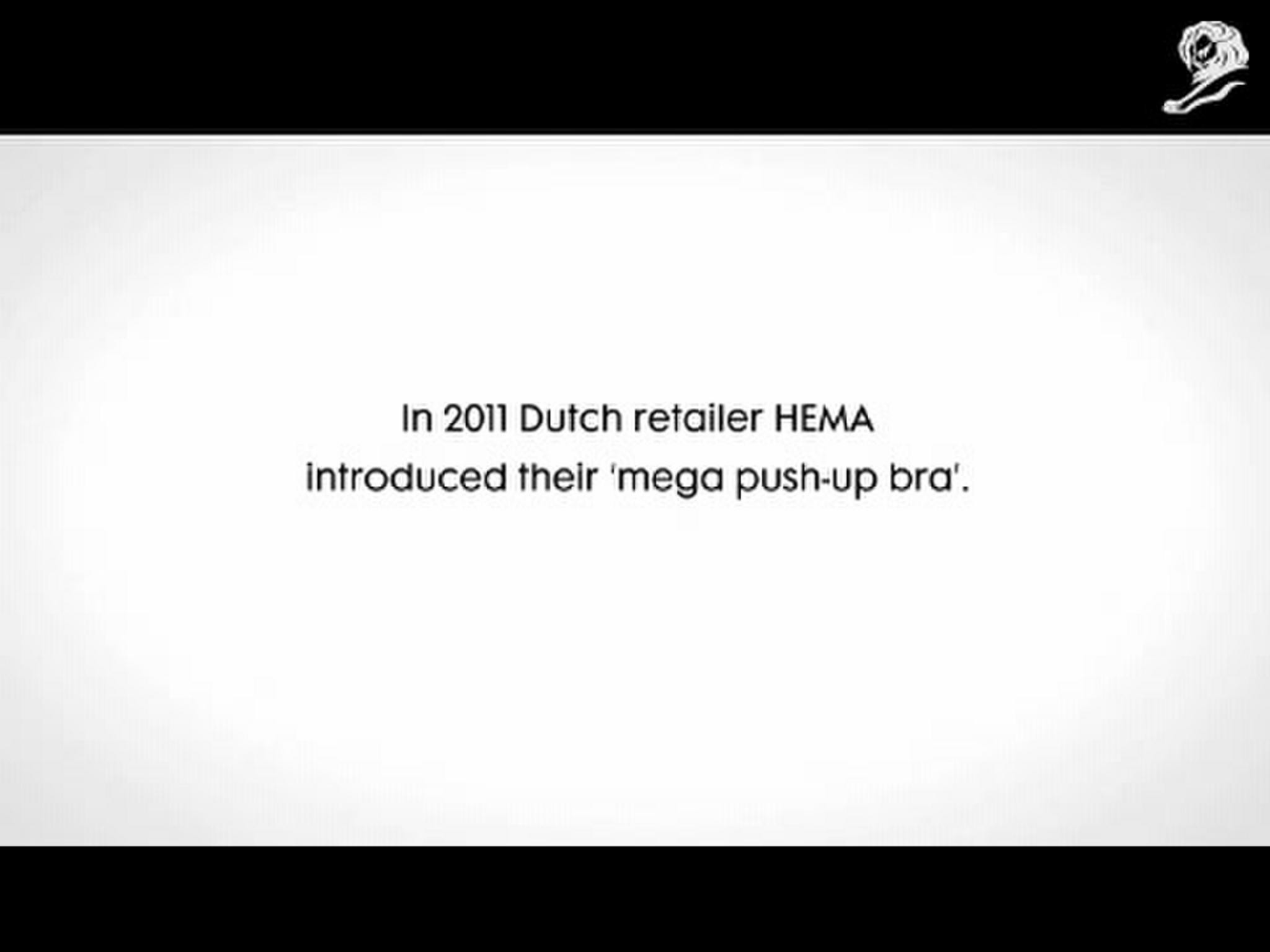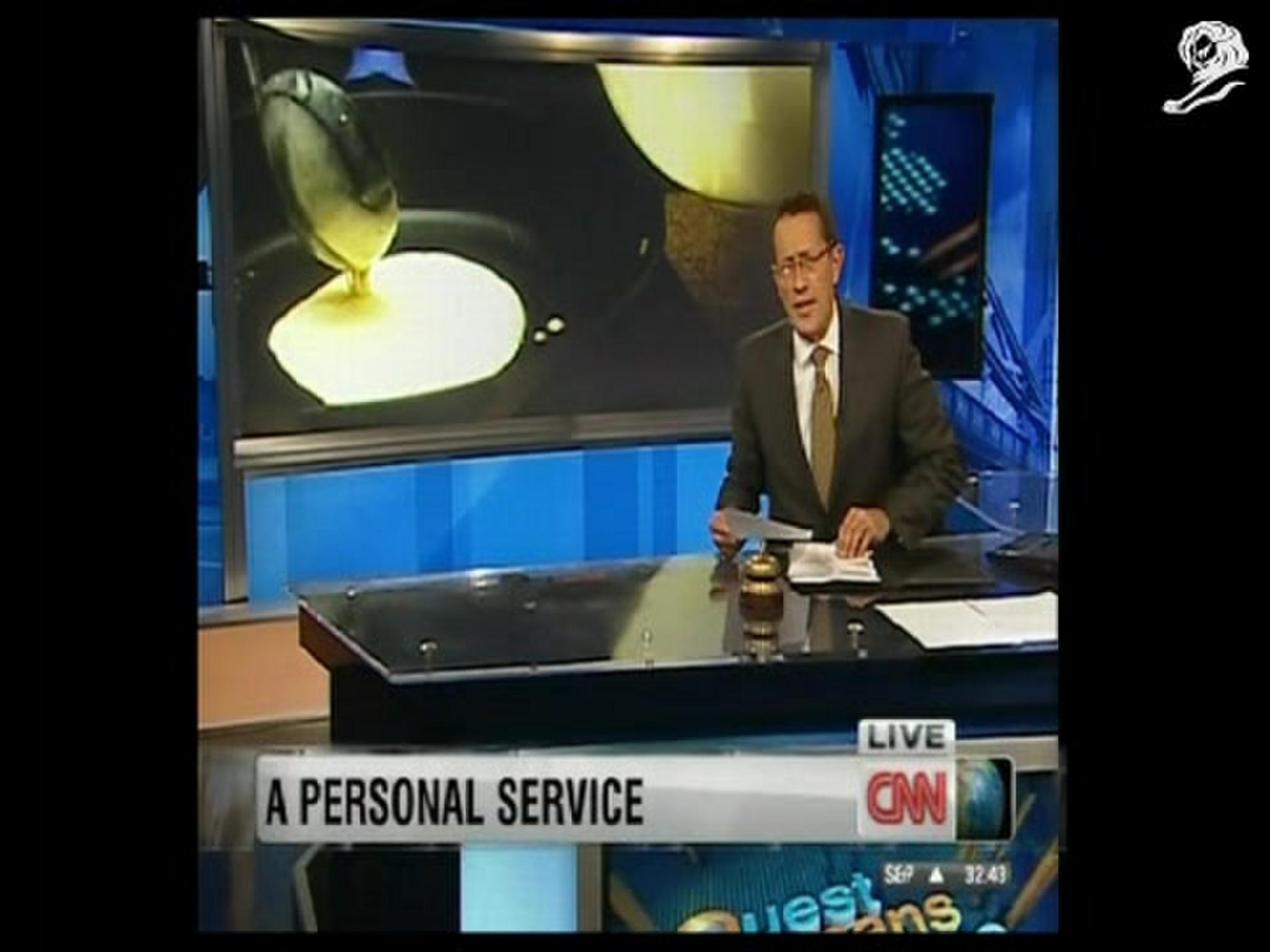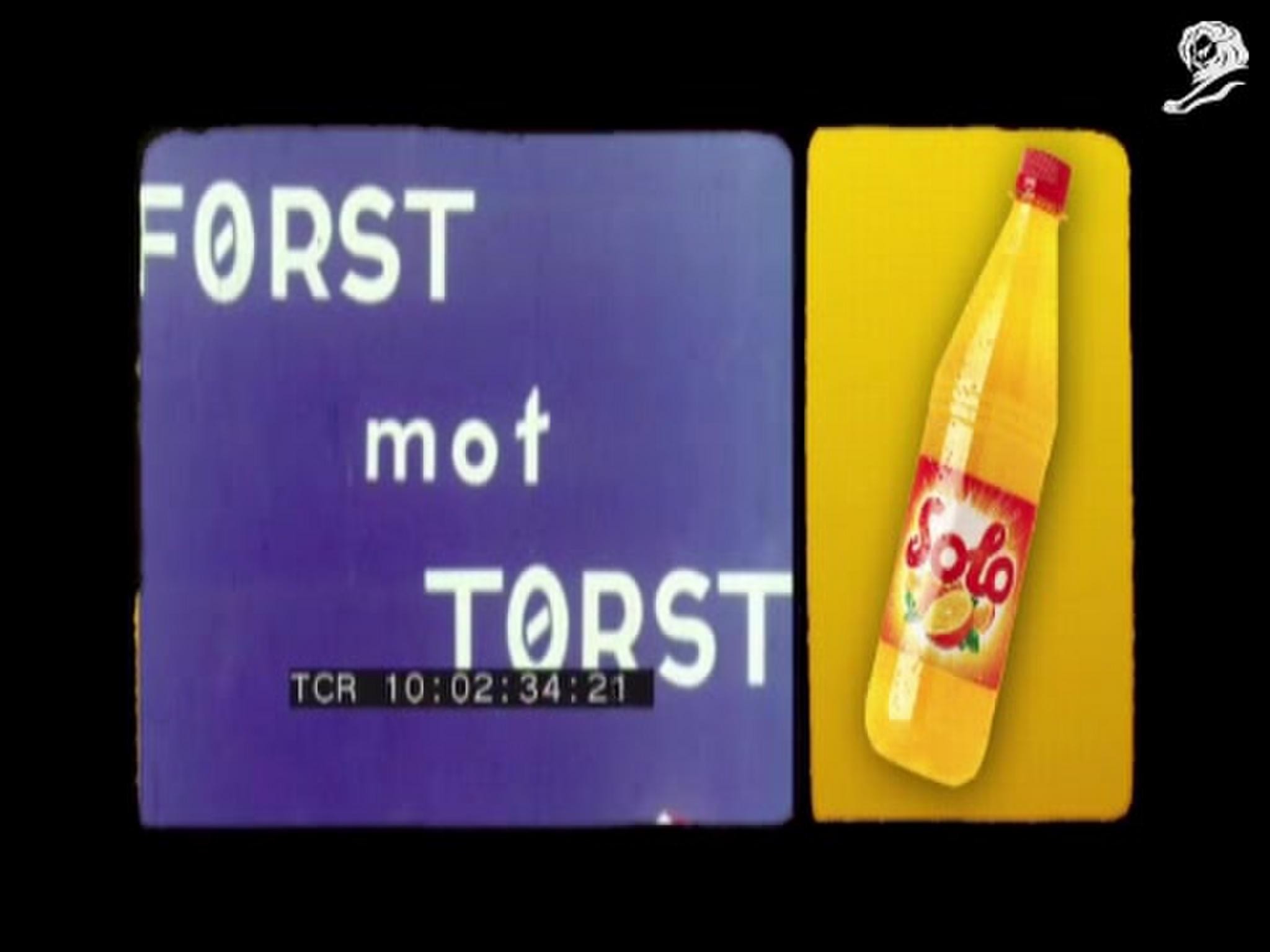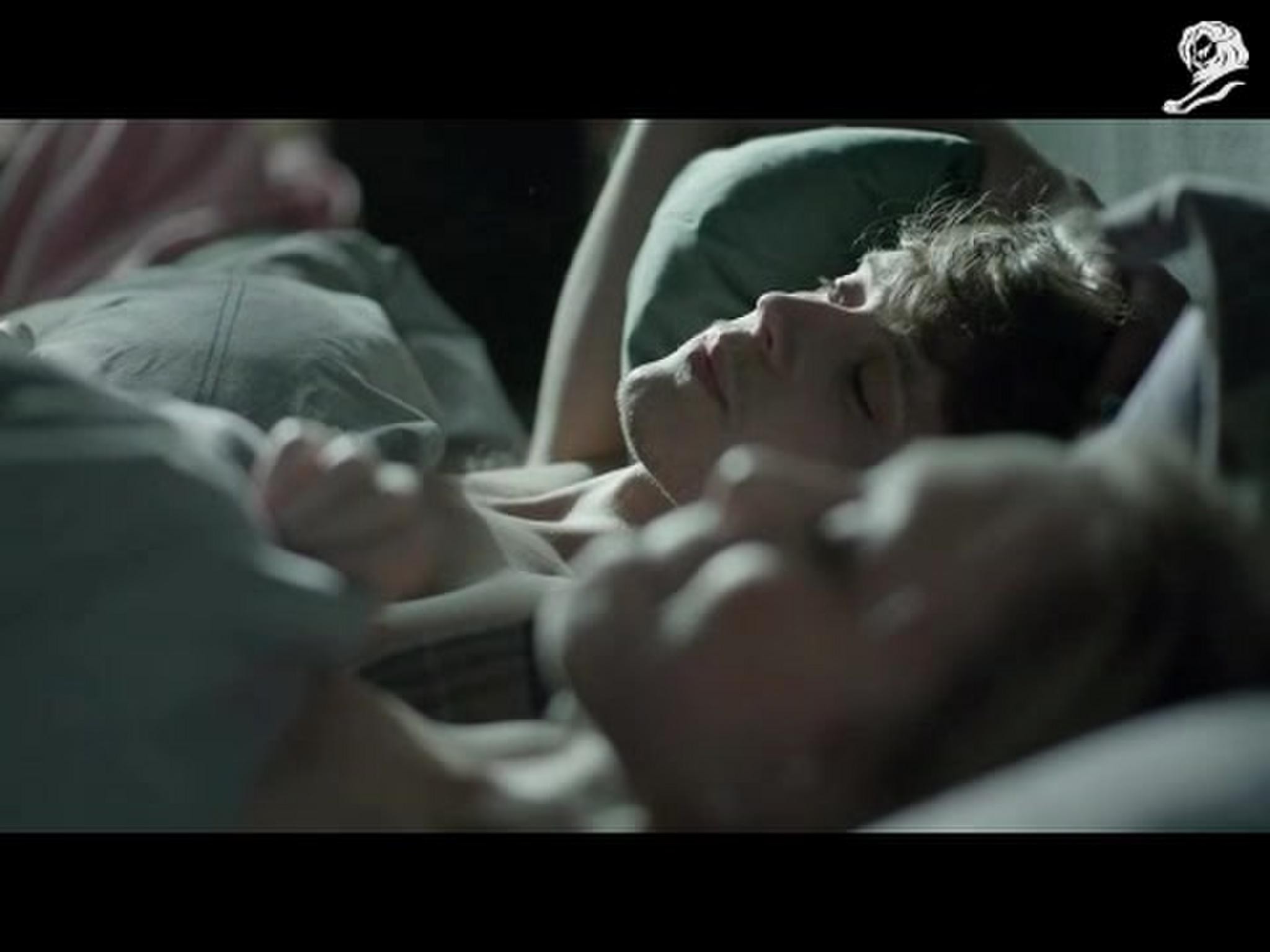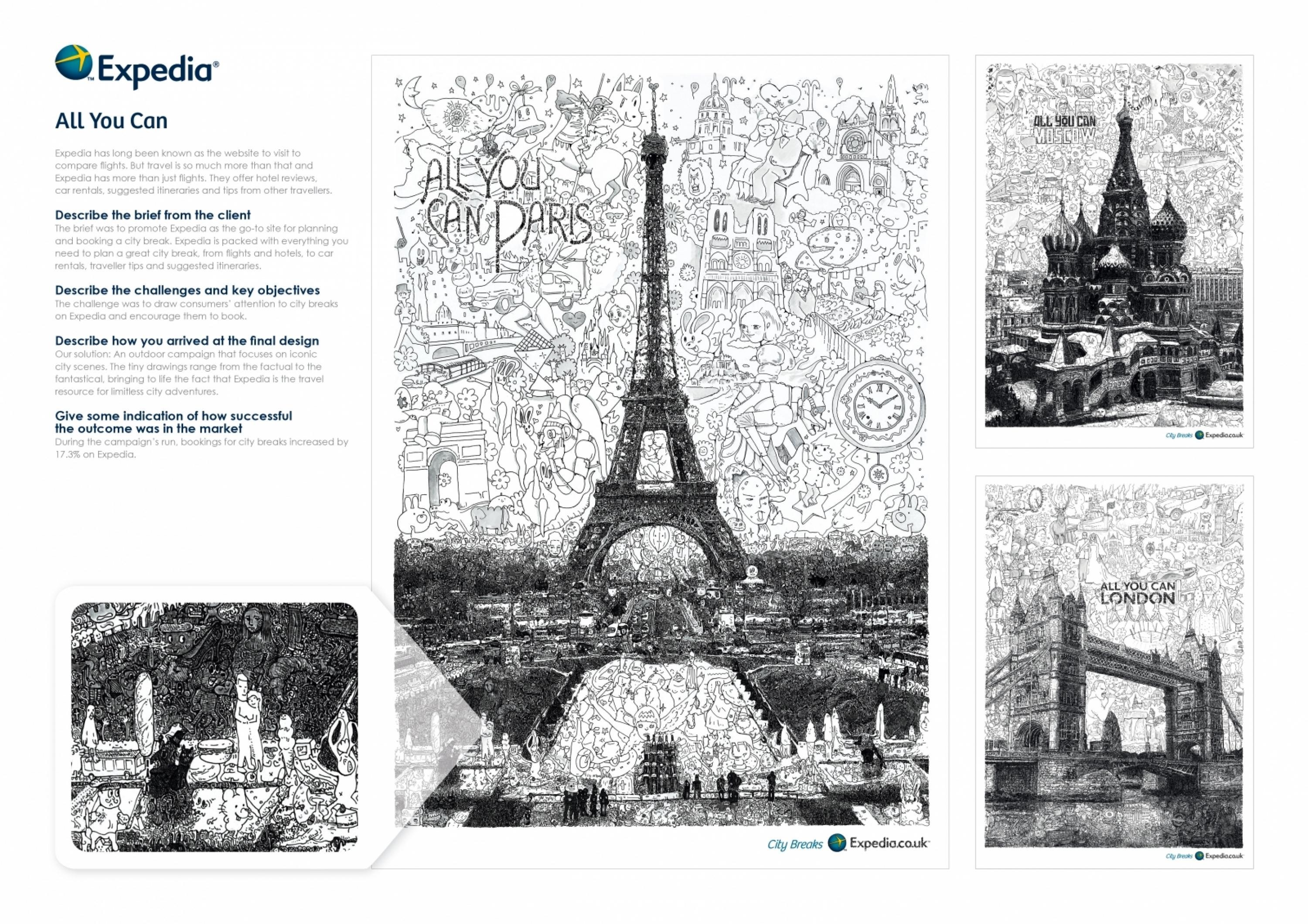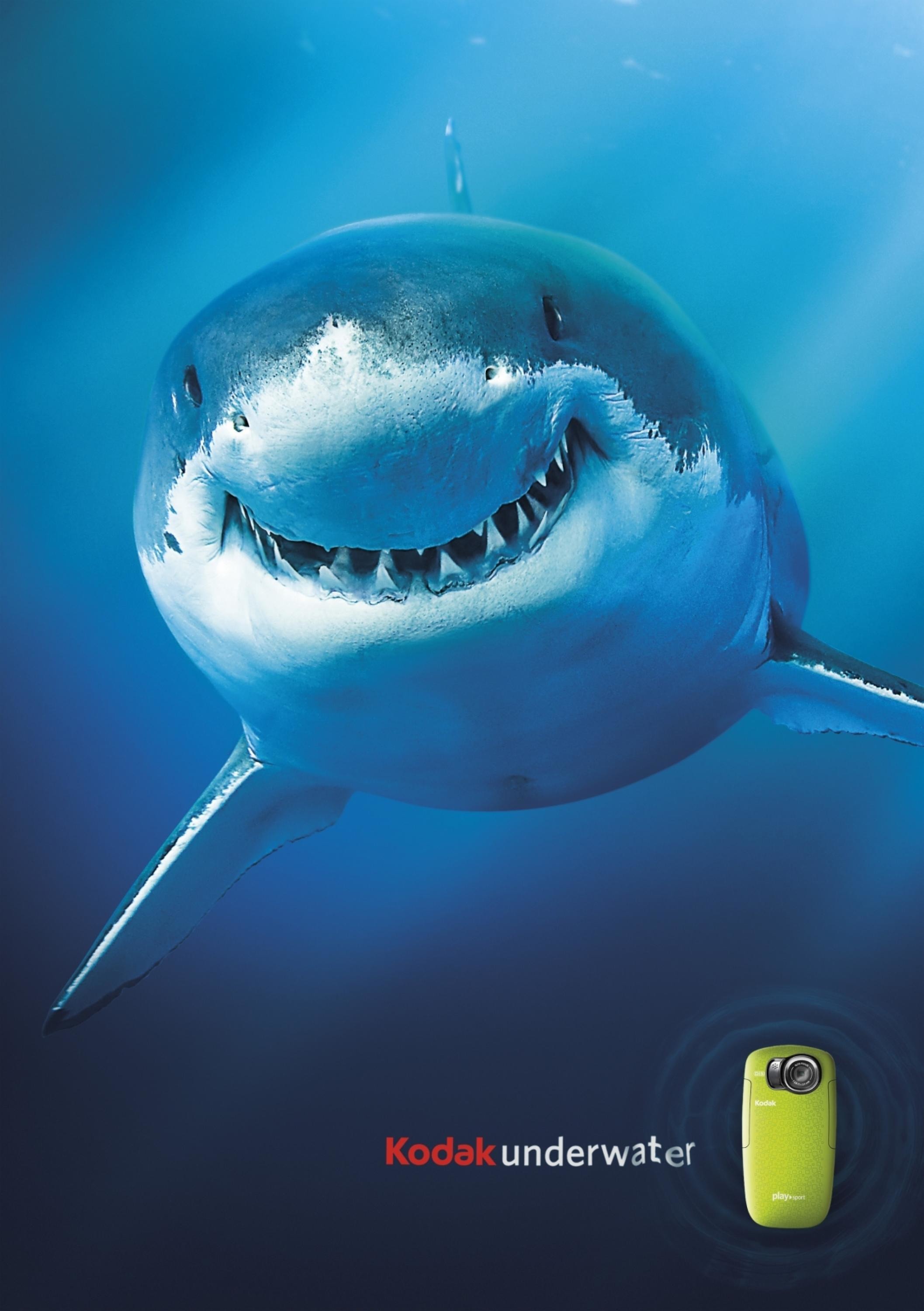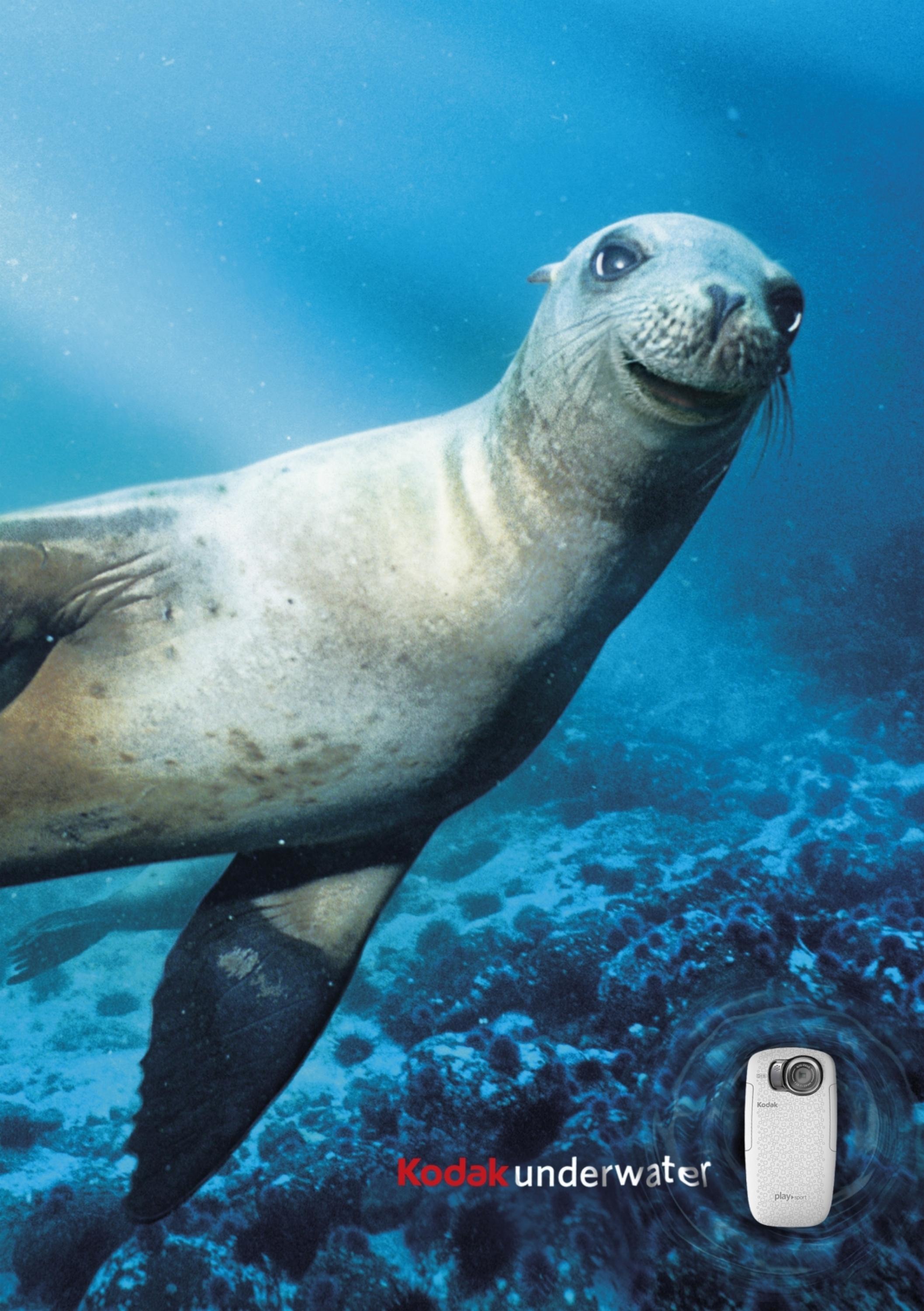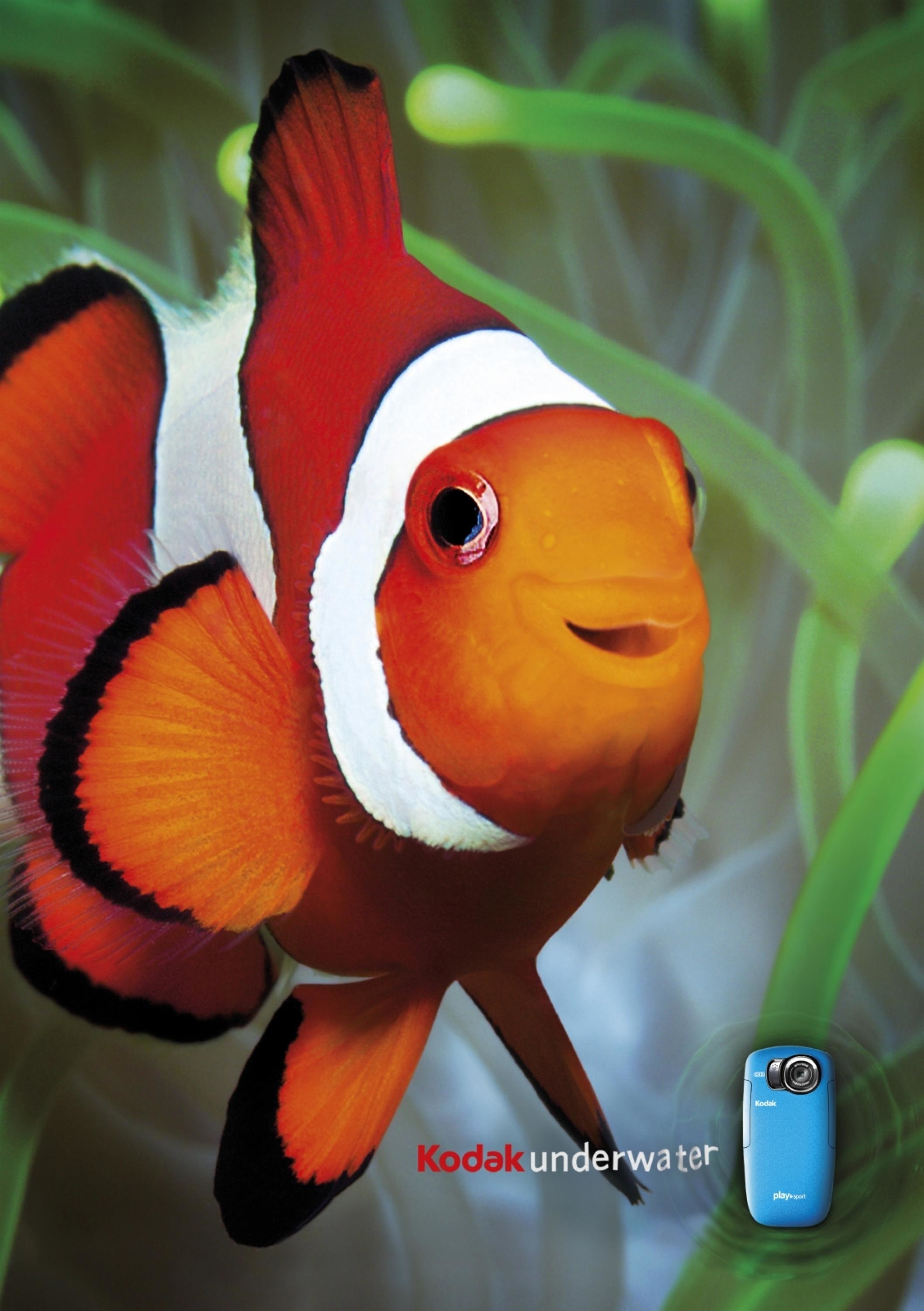PR > Sectors & Services
THE DOVE AD MAKEOVER
OGILVY & MATHER ADVERTISING LONDON, London / UNILEVER / 2012
Awards:
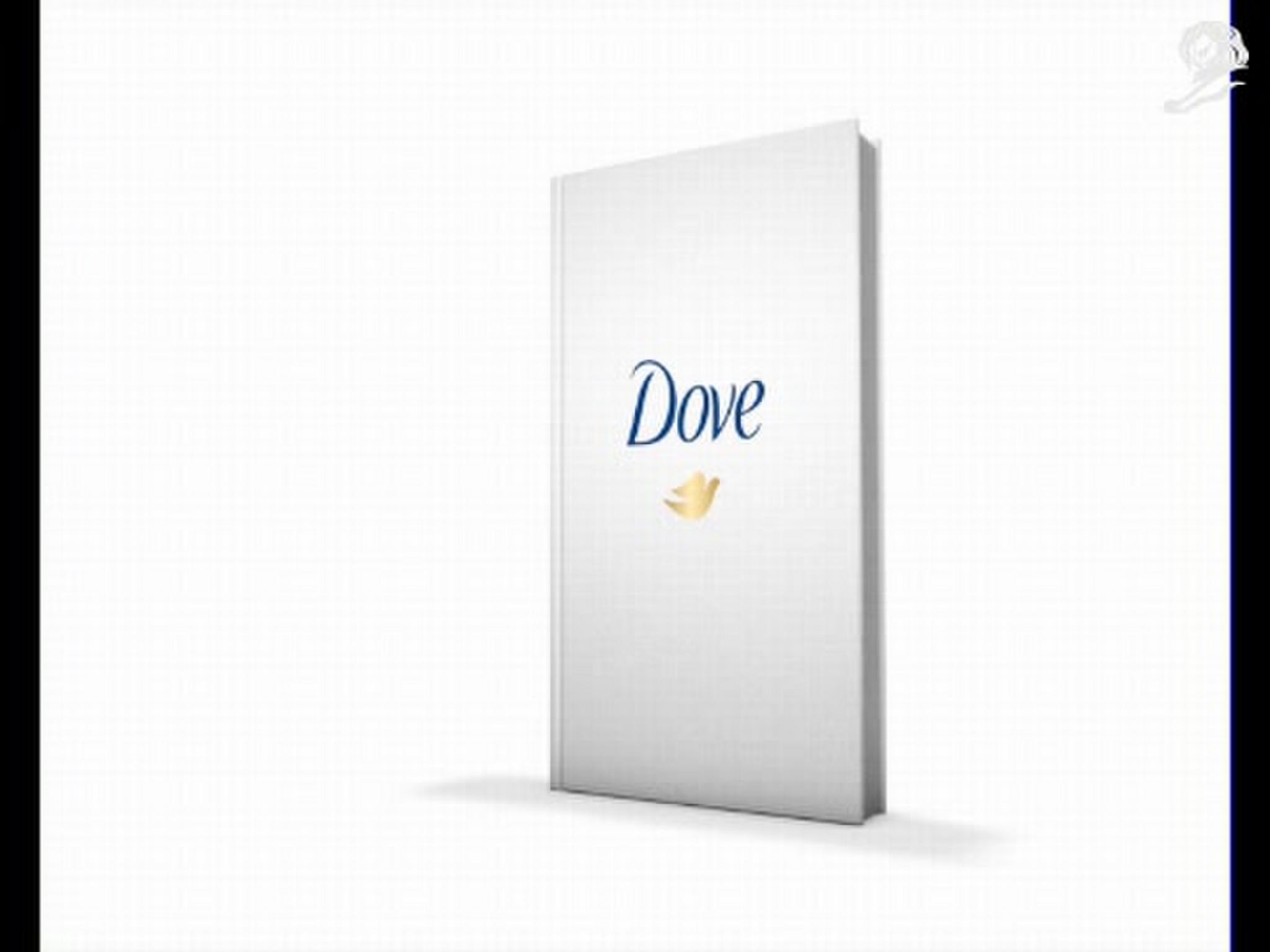
Overview
Credits
Overview
BriefExplanation
The challenge: Dove's mission is to make every woman feel beautiful. Dove conducted a worldwide study with The London School of Economics that revealed only 4% of women describe themselves as beautiful. Our challenge was to address this problem of low self-esteem while building affinity for the brand. The objective: Find a way for Dove to play a role in helping women feel good about themselves. The strategy and execution: We identified a major barrier to feeling beautiful: negative advertising online. We empowered women to remove that barrier with a unique brand affinity-building campaign.
Women spend a significant amount of time on Facebook, where negative ads are most pervasive. To address the problem, we created a Facebook app to send positive messages instead.
The outcome: The Ad Makeover became an international success by creating a media debate that fundamentally challenged the use of online advertising. It also created new behaviour: consumers partnered with the brand to spread the campaign globally.
The campaign earned 253m media impressions in the first week. Users displaced 171m banner ads. 82 % ads seen came from a friend, making it a uniquely social campaign. Global talk about Dove on Facebook increased 41%. Most importantly, 71% of women polled said they feel more beautiful after seeing the campaign, directly delivering on the brand's mission.
The key PR elements of the campaign included blogger outreach, press releases, direct messaging to Dove Facebook fans, emailing consumers, and a video on YouTube and Facebook.
ClientBriefOrObjective
Dove and the London School of Economics conducted a global research survey on the state of beauty and self-perception, across 20 countries. The survey revealed the shocking statistic that only 4% of women describe themselves as beautiful. We wanted to find a way for Dove to play a role in increasing women's self-esteem. The goal of the campaign is to build Dove's reputation as a brand that cares about women.
Execution
We ignited the debate about the effect of negative advertising, releasing key messages on Dove's Facebook wall, by email, through blogs, YouTube, and media outlets.
Women were invited to use The Ad Makeover app, which displaces negative ads with positive messages by outbidding advertisers on keywords that target women's insecurities. We put the creative and media planning in the hands of women for the first time ever.
We created press releases, a custom-built application, a shareable video, polls that measured self-esteem levels, and a constantly updated conversation about negative advertising on Dove's Timeline. We allowed the app's power to shine through, knowing people would share our story. The campaign was planned to run for a week in Australia and Brazil. Due to the phenomenal amount of interest the campaign has now rolled out in various markets around the world.
Outcome
The Ad Makeover became an international success by creating a media and public debate that fundamentally challenged the use of online advertising. It also created new behaviour: Dove's target audience, real women, became brand ambassadors and adopted Dove's mission by sending out positive messages and spreading the word through Twitter, Facebook, and blogs. The campaign earned 253m media impressions in the first week. Users displaced 171m banners. Over 50% of women who visited the app created a message. 82% of ads seen came from a friend, making it a uniquely social campaign. Global talk about Dove on Facebook increased 41%. Most importantly, 71% of women polled said they feel more beautiful after seeing the campaign, directly delivering on the brand's mission.
Strategy
For years, the press has covered the potentially damaging effects on self-esteem in beauty advertising, fashion, and film. But no one talks about the harmful effects of 'beauty' advertising online. These ads pick up keywords in messages and implement relevant ads, for example mentioning 'cooking' in an email creates ads about losing weight.
Every day women are exposed to hundreds of ads online that are designed to target insecurities relating to body image. We started a conversation about negative ads online, a barrier to high self-esteem. Then we launched The Ad Makeover, a campaign that empowers women to tackle the problem and draw attention to the issue.
TheSituation
Every day women are exposed to ads online that are designed to target their body image insecurities. This impacts self-esteem, to the extent that only 4% of women describe themselves as beautiful, according to Dove's worldwide study conducted with The London School of Economics.
Dove's mission is to make every woman feel beautiful, which is why we created the Ad Makeover, a campaign to build brand affinity.
More Entries from Consumer Goods, including FMCG and Household Products in PR
24 items
More Entries from OGILVY & MATHER ADVERTISING LONDON
24 items


